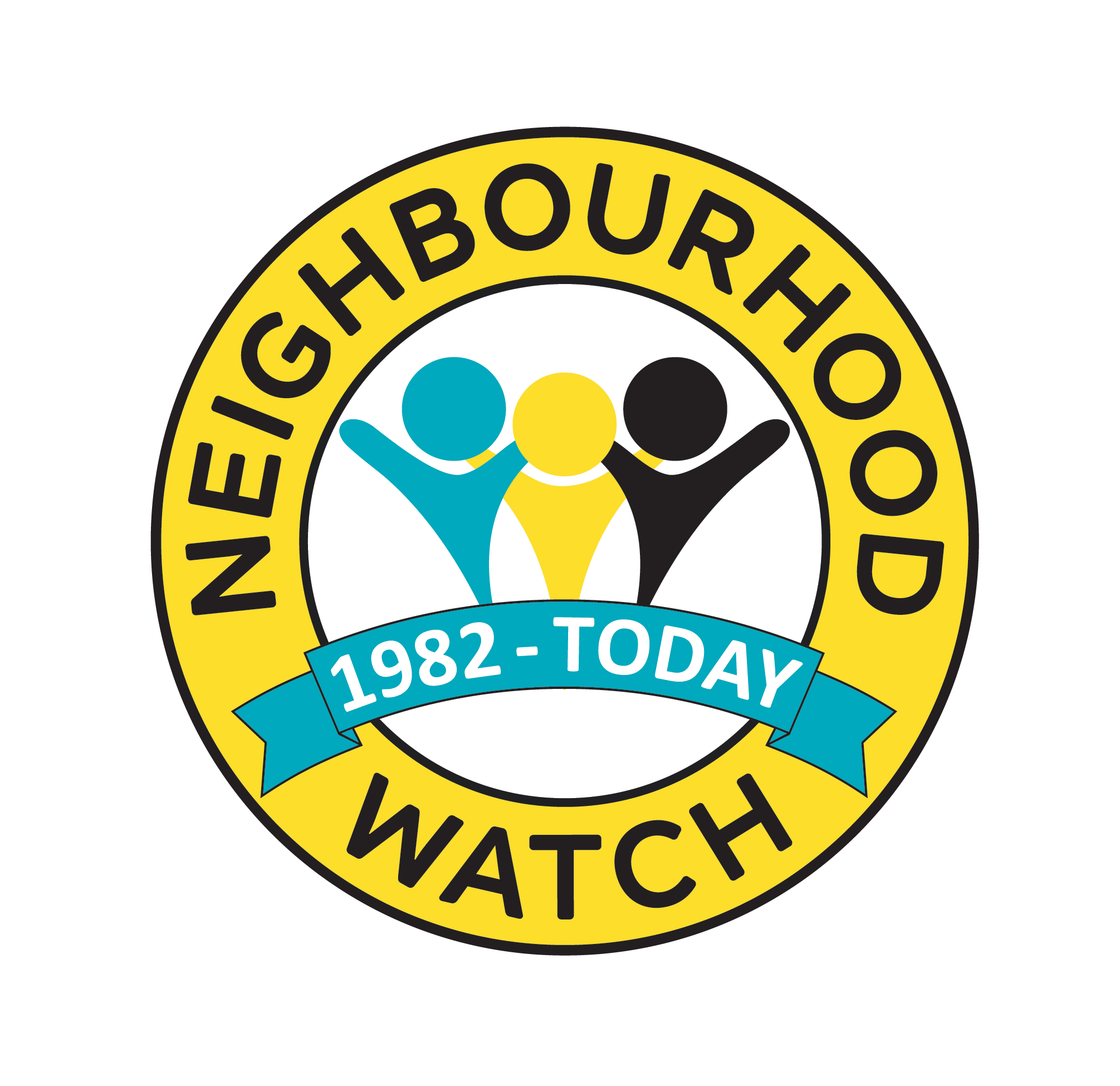Staying Safe - Scams
Unfortunately there are always people who wish to take advantage of others. This page attempts to provide warnings of current scams so that you don't fall victim to them.
This page is arranged into blocks. Click on the topic area you are interested in and you will be taken to that topic. To return to the list, click the "return to top" link or use the scroll bar or mouse.
"You have a computer virus" scam
TalkTalk Data Breach
Talk Talk, the phone and broadband provider, has been the victim of a cyber attack on their website commonly referred to as DDoS – distributed denial of service attack. This has led to hackers accessing Talk Talks servers and stealing personal data, which could affect over four million customers. It is currently unknown exactly what data has been stolen but Talk Talk has stated that there is a chance that some of the following data could have been accessed:
- Name and addresses
- Dates of birth
- Email addresses
- Telephone numbers
- Talk Talk account information
- Credit card and banking details
Protect yourself
- Be wary of any emails claiming to be from Talk Talk asking for additional information such as passwords even if they are able to tell you specific account details – this could be a phishing email and sent to gain access to your account.
- If you have opened an email attachment please ensure you change the passwords for all your bank, email and online shopping accounts.
- As well as e-mails be wary of any telephone calls claiming to be from Talk Talk that ask for additional information or want to gain remote access to your computer. Again they may tell you specific details about your account. If you get such a call do not give any details, terminate the call, use a separate telephone line/mobile phone and call Talk Talk back on one of their known numbers to ascertain if the call is genuine.
- Monitor your bank accounts for any unusual activity that you believe may be fraudulent.
Credit Card Scam
This scam was identified by Police in Wiltshire and is very convincing.
This one is quite slick since they provide YOU with all the information, except the one piece they want. Note, the callers do not ask for your card number; they already have it. This information is worth reading. By understanding how the VISA & MasterCard Telephone Credit Card Scam works, you'll be better prepared to protect yourself.
The scam works like this: Person calling says, "This is (name), and I'm calling from the Security and Fraud Department at VISA. My badge number is 12460. Your card has been flagged for an unusual purchase pattern, and I'm calling to verify. This would be on your VISA card which was issued by (name of bank) did you purchase an Anti-Telemarketing Device for £497.99 from a Marketing company based in London ?" When you say "No", the caller continues with, "Then we will be issuing a credit to your account. This is a company we have been watching and the charges range from £297 to £497, just under the £500 purchase pattern that flags most cards. Before your next statement, the credit will be sent to (gives you your address), is that correct?" You say "yes". The caller continues - "I will be starting a fraud investigation. If you have any questions, you should call the 0800 number listed on the back of your card and ask for Security. You will need to refer to this Control Number. The caller then gives you a 6 digit number. "Do you need me to read it again?"
Here's the IMPORTANT part on how the scam works:- the caller then says, "I need to verify you are in possession of your card." He'll ask you to "turn your card over and look for some numbers." There are 7 numbers; the first 4 are part of your card number, the next 3 are the security numbers that verify you are the possessor of the card. These are the numbers you sometimes use to make Internet or telephone purchases to prove you have the card. The caller will ask you to read the 3 numbers to him. After you tell the caller the 3 numbers, he'll say, "That is correct, I just needed to verify that the card has not been lost or stolen, and that you still have your card. Do you have any other questions?" After you say, "No," the caller then thanks you and states, "Don't hesitate to call back if you do", and hangs up. You actually say very little, and they never ask for or tell you the Card number.
But after we were called on Wednesday, we called back within 20 minutes to ask a question. Are we glad we did! The REAL VISA Security Department told us it was a scam and in the last 15 minutes a new purchase of £497.99 was charged to our card. To cut a long story short - we made a real fraud report and closed the VISA account. VISA is reissuing us a new number. What the scammers want is the 3-digit PIN number on the back of the card. Don't give it to them. Instead, tell them you'll call VISA or MasterCard directly for verification of their conversation. The real VISA told us that they will never ask for anything on the card as they already know the information since they issued the card! If you give the scammers your 3 Digit PIN Number, you think you're receiving a credit. However, by the time you get your statement you'll see charges for purchases you didn't make, and by then it's almost too late and/or more difficult to actually file a fraud report.
What makes this more remarkable is that on Thursday, I got a call from a "Jason Richardson of MasterCard" with a word-for-word repeat of the VISA scam. This time I didn't let him finish I hung up! We filed a police report, as instructed by VISA. The police said they are taking several of these reports daily! They also urged us to tell everybody we know that this scam is happening.
"You have a computer virus" scam
This scam involves a person ringing you up purporting to be from the anti-virus company and telling you that you have a virus on your computer. They will then ask you to carefully make changes to your computer's security settings to ensure that the virus can be eliminated.
What they actually do is get you to disable the security settings leaving your computer open to attack and for them to be able to download software onto your computer. At best, your computer may be compromised and be taken over to send spam to other users from your own email address book. At worst software may be installed that monitors your keystrokes on the keyboard and then steals your bank details.
Do not talk to these people. It is extremely difficult to work out from which machine a specific virus originates and even then, due to floating IP addresses (the method the internet uses to send the right information to the right computer), the data they are using is changed every time you start your computer.
Hajj travel scam
Each year up to 25,000 British Muslims travel for Hajj, to Saudi Arabia, spending around £125 million on their pilgrimages.
Muslims shopping around for the best deal on a trip to Mecca, both in their local community and increasingly online, are attracted by travel packages including flights, accommodation and visas, which appear to offer good value for money. Some operators advertise large reductions but fail to provide the service(s) offered.
Individuals are asked to pay in cash or make a direct bank transfer prior to their trip and are told they will receive their tickets and travel documents nearer to the departure date. For some they never arrive, or the travel accommodation is far below the standard that had been agreed and paid for.
Protect Yourself:
- Do your research – don’t book without carrying out some basic checks on your travel company.
- Make sure your travel company is a member of a recognised trade body, such as ABTA.
- If you are booking a flight based package, make sure your travel company is ATOL (Air Travel Organisers’ Licensing) protected by the Civil Aviation Authority.
- Get everything in writing.
- Do not pay the travel company by cash or by direct bank transfer into an individual’s account.
Parcel Mules scam
People are being targeted to become “Parcel Mules” as part of a reshipping scam, which results in them handling stolen goods and losing out financially.
Victims are predominantly recruited through job advertisements and dating websites. They are persuaded to have items delivered to their addresses, and to pay for postage before sending the items elsewhere. Victims are contacted through Freelancer websites and invited to become a “Freight Forwarder” as an employment opportunity. The work is advertised as processing packages and forwarding them to clients.
The items being delivered have been purchased through fraudulent means, including the use of stolen/fraudulently obtained cards. The items being delivered are often pieces of electrical equipment or high value goods such as trainers, perfume and the latest phones.
If you act as a “mule” you are not only handling stolen goods, but also losing out financially. You will not get paid the promised salary and you pay for the postage and delivery of the packages personally. Additionally, you will have provided enough of your personal details to allow identity theft to occur.
Protect Yourself:
- Do not agree to receive packages at your address for someone that you do not know and trust.
- Be cautious of unsolicited job offers or opportunities to make easy money.
- When accepting a job offer, verify the company details provided to you and check whether they have been registered in the UK.
- Be wary of someone that you have met only online who asks you to send money or to receive items. Protect your privacy and do not give your personal details to someone that you do not know and trust.

